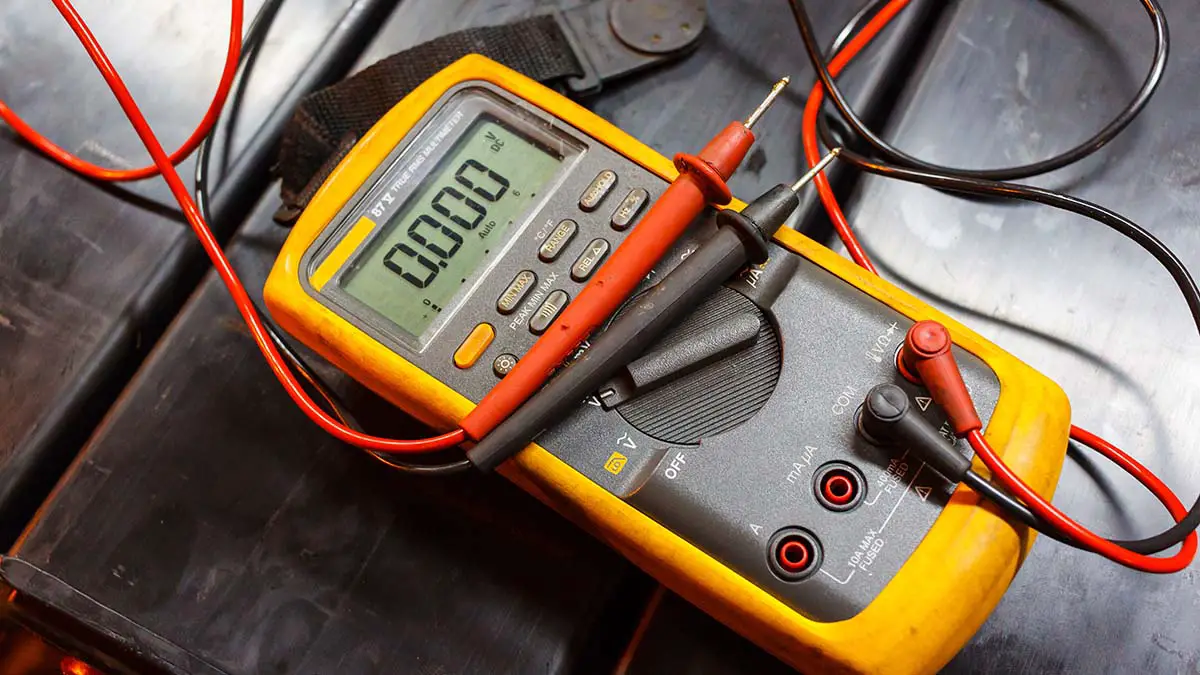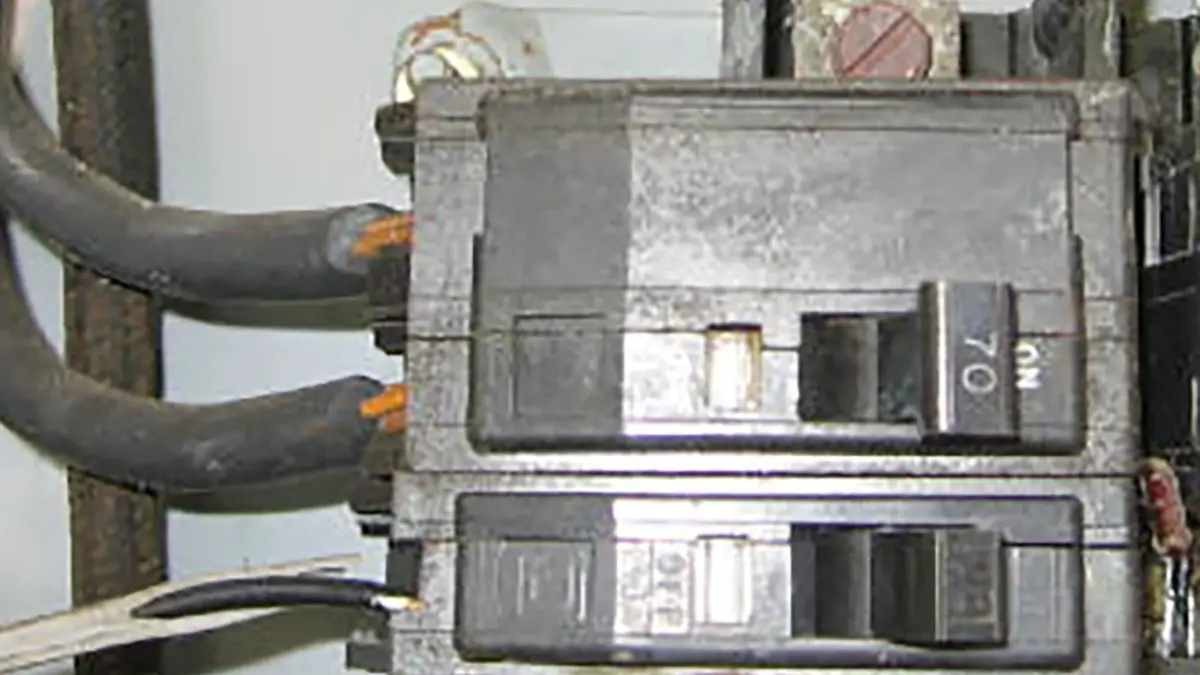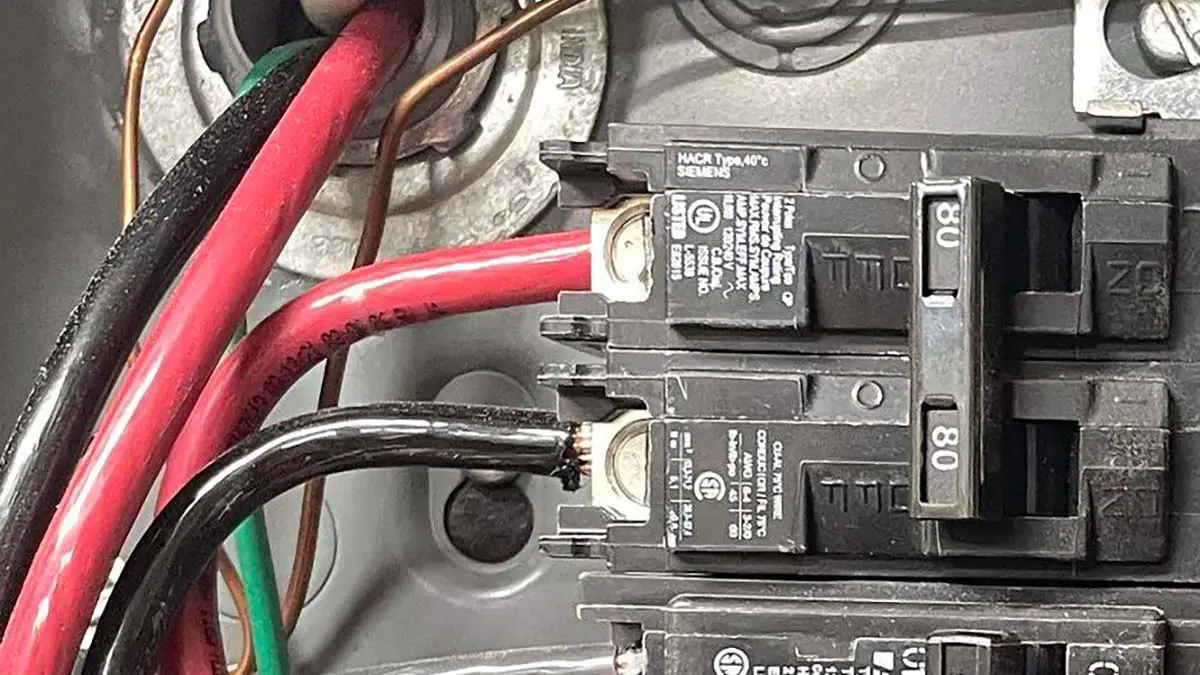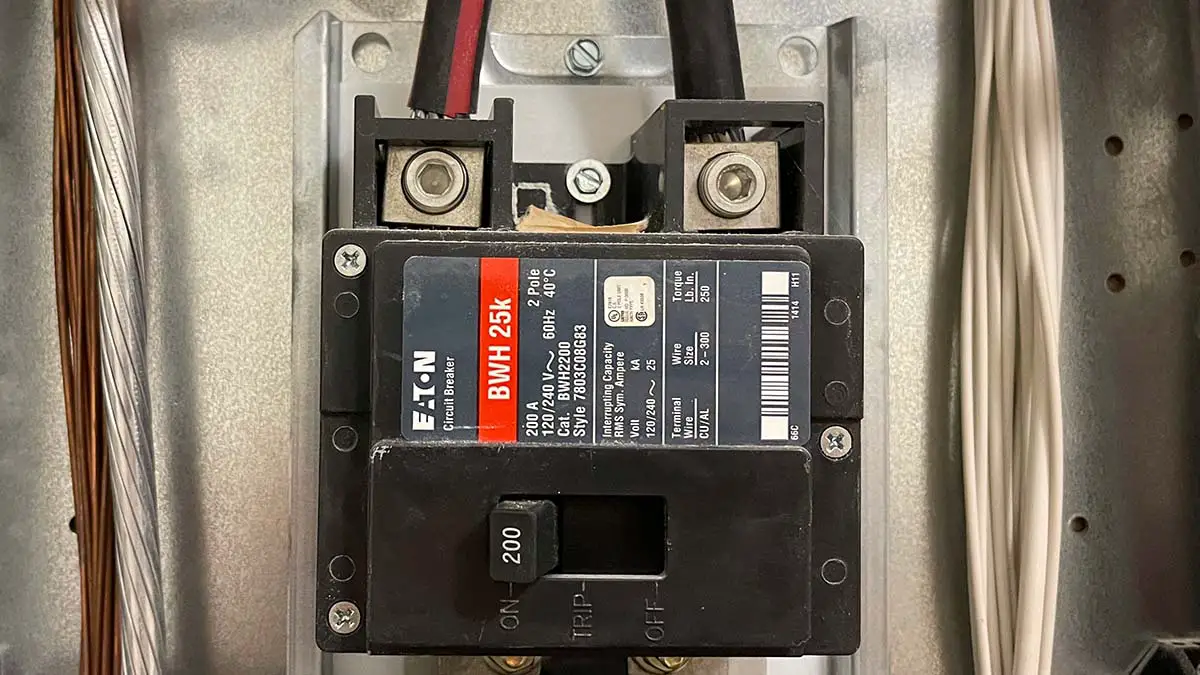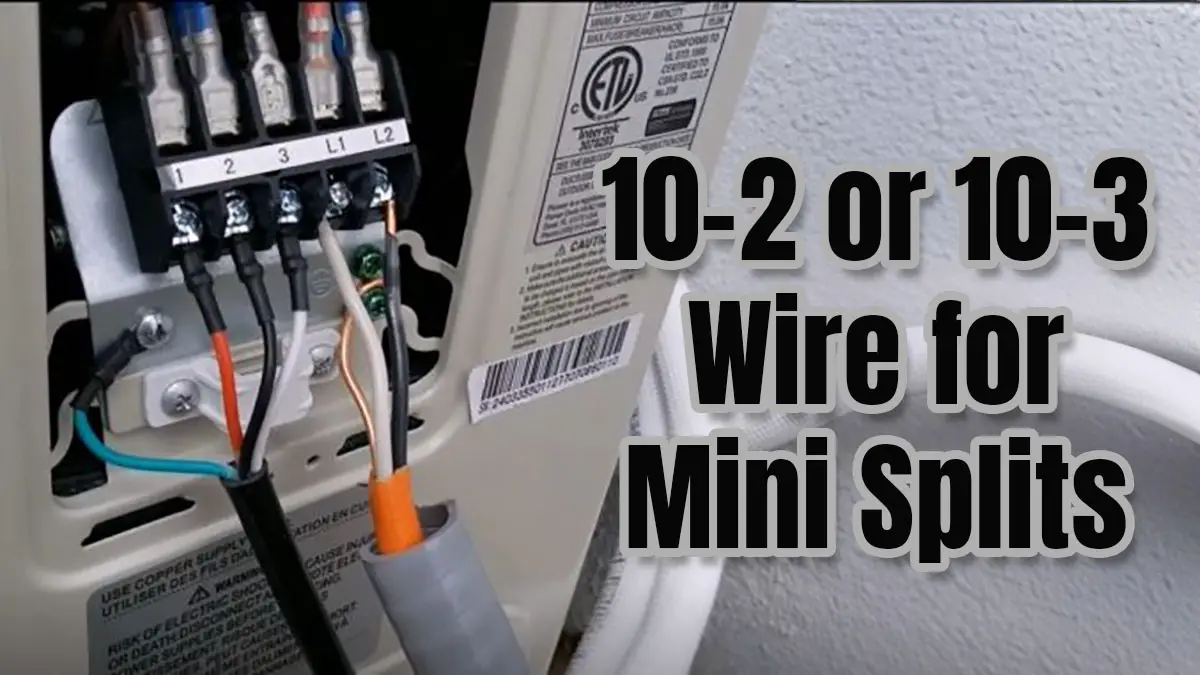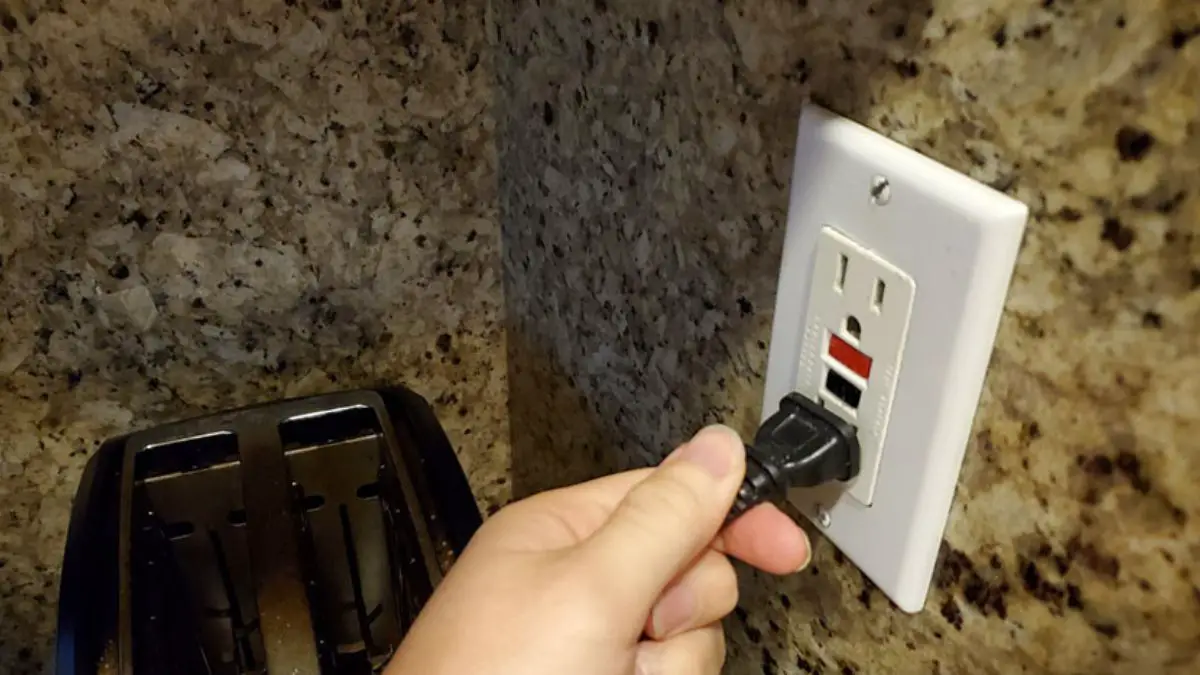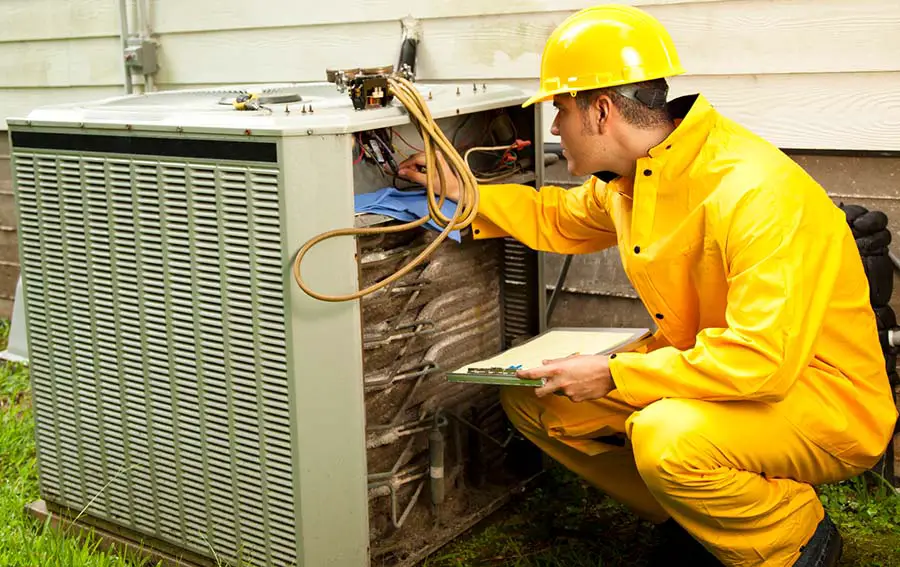
Electricians are some of the most cardinal professionals as their services are required in almost all fields. They will put their bodies over the line to ensure that you have electricity even under the harshest weather conditions. But what are some of the conditions that they operate in? Do they work in the rain or snow?
Electricians will work in the rain or snow. But, to handle a repair task in such conditions, they have to take the necessary precautions. Sometimes, they can wait for the rain or snow to clear. However, working in harsh weather is inevitable at times, especially when there’s a power outage.
Being an electrician is an arduous calling as one will have to work under some of the most dangerous weather conditions. But how do they handle it? We’ll shine a light on this and more critical insights about electricians and weather.
Do Electricians Work in the Snow?
Winter is the least of times that you would expect an electrician to be at work. Nonetheless, while they can take a few days off to revamp and recover from a hectic work schedule, they cannot be off work the entire winter. They will work in the snow if situations compel them to do so.
Winters will be uncomfortable for most electricians as they are for any other individual who works outdoors. Nonetheless, for electricians, it is not just about comfort but their safety as well. But due to the nature of their job, they cannot avoid working in the snow.
Nonetheless, they have to take the necessary safety precautions as working under such extreme weather amounts to severe health risks. We’ll look at these precautions later.
Is it Safe to Do Electrical Work During a Storm?
Electricians train to work in all weather conditions, even during a storm. However, in such situations, more preparation is necessary as the weather can be pretty dangerous.
It is better if they can avoid working in such environments and wait for the storm to dissipate. But this is not always possible, especially when there’s an emergency scenario.
We will look at the probable risks of working under extreme weather conditions such as a storm or snow.
Risks of Working During a Storm or Snow for Electricians
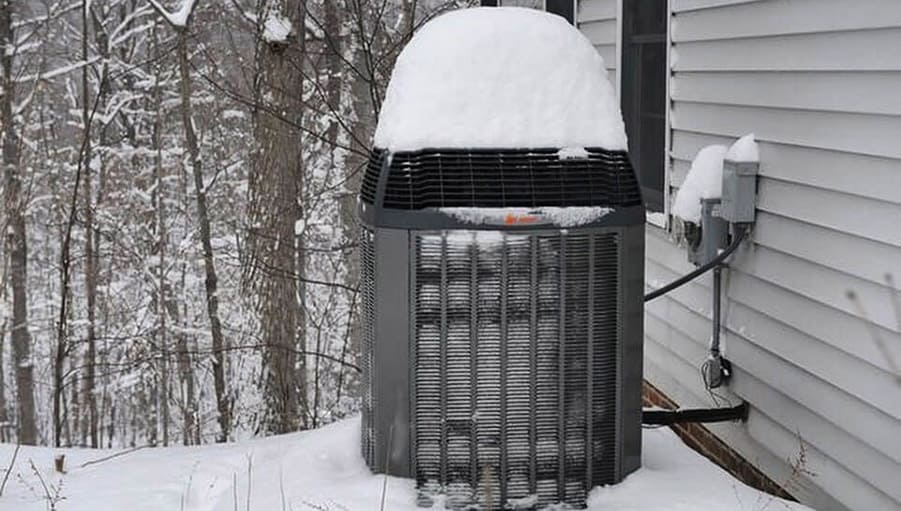
Here is a detailed explanation of why it is unsafe to work under extreme weather conditions for electricians.
1. Lightning Can Be Deadly
Thunder and lightning often accompany a storm. While both might seem harmless, lightning is so dangerous and can cause devastating damage. It is capable of razing down an entire area while killing anything that is around.
Hence, working during a storm is one of the most hazardous undertakings, especially when there’s lightning. The flashing lightning takes the available path as it travels down, often via the tallest structure in the vicinity.
In places where there are no tall buildings, the tallest structures around could be electricity poles. If it happens to strike it while an electrician is up the pole doing repairs, it can electrocute them to death.
Hence, doing electricity repairs is one of the most life-risking ideas.
2. Water is an Electricity Conductor
Most water is conductive apart from distilled water which lacks the ions necessary to transmit electric current. Rainwater is ionized as it passes through the air, and thus it is a perfect conductor. Therefore, working under the rain means risking becoming a conductor.
If the electrician touches a live wire while working outside in the rain, he will become a conductor. The results will be fatal and can even lead to instant death resulting from electrocuting.
3. Rain Constraints Vision
Most of the time, there is a storm, there are dark clouds. They conceal light from the sun from reaching us and thus limit the light that reaches the earth. An electrician requires sufficient light when operating, and a cloudy atmosphere is not one of the ideal conditions for his work.
Therefore, the electrician will be visually constrained when there is a storm. In turn, this increases the chances of making a mistake. Nonetheless, an electrician can still work under those conditions as long as they have a source of light.
A waterproof
4. Storms Come with Wind
You can expect it to be windy when there is a storm. Such weather will, without a doubt, disorient an electrician from concentrating on his work. Imagine when an electrician is trying to climb an electricity pole, and the wind blows vigorously around. It becomes almost impossible to climb, and there is a high likelihood of slipping.
Wind also causes electricity power lines to sway, which can result in short-circuiting and electrical faults. Also, working in such an environment is not easy for the electrician. Normally when there is no storm, electricians can comfortably go about their job. However, a strong wind is a nuisance and also makes the job riskier.
5. Snow Cold is Harmful
Such conditions would be very uncomfortable to the electrician. Also, they pose health hazards as extended exposure to extreme cold leads to the contraction of hypothermia. The disease is fatal and can cause permanent disability or, in some cases, cause death.
Therefore, such a torturous ordeal is what electricians have to endure during cold weather. But there is a way to ensure that electricians can still perform their job despite these conditions. We’ll be looking at some of the remedies in the next section.
Do Electricians Work Inside or Outside?
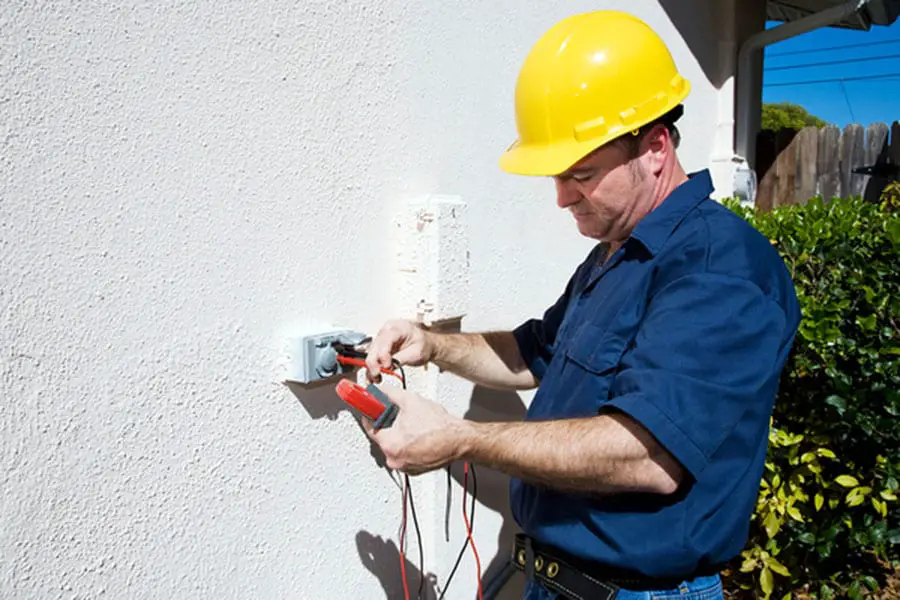
Electricians work both inside and outside depending on the demands of the task at hand. Also, they work independently or sometimes in tandem with other professionals. Sometimes, they will have to interact regularly with customers, especially in maintenance and repair work.
Typically, the work of a technician is as demanding as any other profession. Sometimes, they will even be required to put in extra hours of work.
Also noteworthy is that electricians are more similar to construction industry workers than other kinds of professionals. Thus, from time to time, they will be required to work overtime hours, especially when there is too much work.
Often, electricians will also work in extreme weather conditions. Therefore, their profession is quite different from others. Electricians act as support systems for almost all industries and sectors. By connecting, fixing, and repairing electrical systems when there is a challenge, they ensure power is present at almost any time of the day.
Also, through their work, you can enjoy using all systems that rely on electricity. Hence, electricians are some of the most important professionals. Without them, so much of life would come to a screeching halt.
What Hours Do Most Electricians Work?
Typically, an electrician should be at work for 8 hours a day like any other professional. They should work for about 40 hours which is similar to most 9 to 5 professions.
However, due to the nature of their work, some of them are required to be working earlier than that.
It’s typical for an electrician to report to work at 6 am. Remember, we earlier mentioned that electricians are the people who make things tick in all industries. Hence, they often arrive at work before everyone to ensure that things are right.
In total, a technician works approximately 1,800 to 2,080 hours per year. The average Federal team member will work approximately 2,087 hours per annum. Hence, an electrician should ideally work the same number of hours as any other team member.
But often, electricians will even work for more hours than the average Fed worker. Also, some will work for fewer hours. Several factors will determine the number of hours that an electrician will work. Let’s look at them.
Field of Work
Different technicians work in various fields, and the terms of work are also varied. Some will operate under a fixed schedule. Such an arraignment is especially common with technicians who work for companies and institutions like hospitals.
Electricians who work on such terms will have to fulfill the minimum work hours requirements. Sometimes, there could be more work prompting them to work overtime hours.
Others will work during odd hours and are not required to align to any particular schedule. An example of such electricians is those that work on repairs in homes. They are available anytime you require their services.
Both those who work formally or in odd hours make a decent living. Also, both are important only that they adhere to different work patterns.
Location
Electricians will also work more or fewer hours, depending on their location. There are some areas where there are more jobs than others. Hence, some electricians must travel in search of work opportunities.
The electricians who work in formal jobs have a defined work schedule and thus do not have to keep traveling.
Union vs. Open Shop Electrician Work Hours
Some electricians, especially those who work in formal jobs, are under a union. Unions are bodies whose aim is to negotiate for better working conditions for employees. Hence, the worker body negotiates working hours for union electricians.
Among the aspects that the union will negotiate is the number of hours that an electrician can work in a week. Also, they will propose the terms of compensation for extra hours that electricians will work outside the regular working hours.
In most cases, overtime hours are 1.5x the standard working hourly rate. Hence, one of the key benefits of unionizing electricians is that they get compensated at a fixed rate for overtime. Also, most union workers receive assurance that their position is long-term.
Open shop hours also enjoy a fair share of benefits regarding working hours. They do not have a fixed minimum amount of hours. Hence, their working schedules are flexible. Also, open shop electricians are likely to have more overtime hours due to their flexibility.
Non-union electricians also have the advantage of accessing more work. Most of their work is small-scale and can be completed within a short time. The primary challenge with open shop electricians is that they may run out of work sometimes.
Electrician Safety Tips for Working in a Storm or Snow
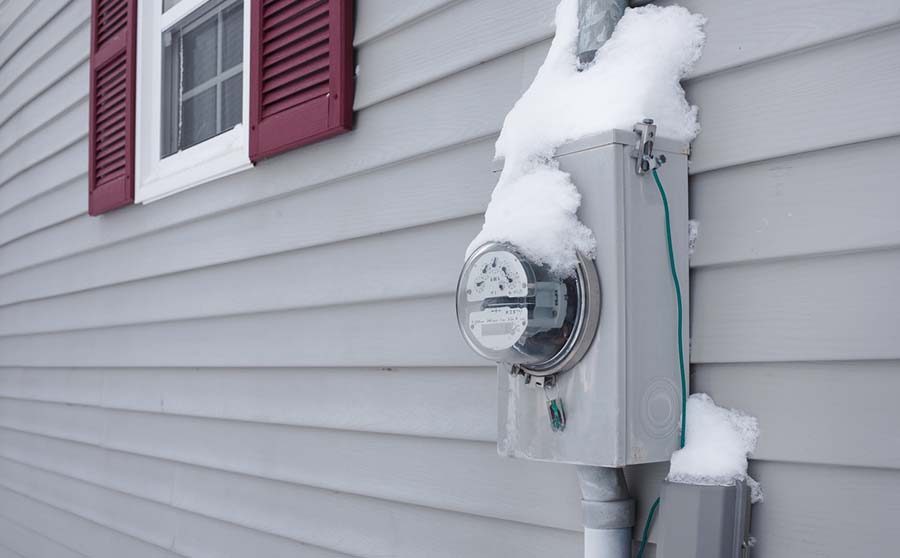
Working in extreme conditions for electricians may be an inevitability, especially during emergencies. However, it is vital to take the necessary precautions.
Let the Storm Dissipate
Working under harsh conditions may sound heroic but sometimes putting one’s life on the line is foolhardy. There are scenarios when it would be more reasonable to allow the storm to end before proceeding with the electrical repairs.
You must analyze situations and determine if it is worthwhile working under dangerously extreme weather.
Also, in line with taking precautions, adequate preparation is imperative. Among the things that you should do when you are anticipating a storm include:
- Finish all the electrical work on time before rain starts, especially if you work outside.
- Insulate all the open wires before a storm. It will be important in preventing electrical faults that may compel you to be summoned for repairs when it’s raining.
- Take precautions for all the eventualities that may happen when it rains. Make sure that everything is fixed and also install safety devices such as lightning arrestors.
Dress for the Weather
It would be best if you braced yourself to face the harsh weather conditions by wearing the appropriate clothes and safety gear. The Occupational Safety and Health Administration (OSHA) recommends wearing three layers of clothes for those who work in outside environments.
Typically the clothing should be loose. Also, take the following measures.
- Wear insulated and waterproof boots.
- Put on wick undergarments made of cotton, silk, or wool. Ensure that the underwear is long to cover as much of your body as possible.
- Wear warm garments on top of the wick underwear to give the body warmth.
- Don an upper cloth that has wind-blocking properties. Also, it is essential to ensure that it is well ventilated as the warm clothes will have you sweating even in the cold weather.
- Wear a headcover such as a hat that covers the ears.
- Waterproof gloves.
The fundamental upside of wearing layered clothes is that they are very efficient in heat insulation. They will trap heat between the layers, thus ensuring that the electrician remains warm throughout.
Also, you can easily control the temperature by adding or removing a layer.
Get Ready for the Ice and Snow
The Bureau of Labor Statistics reports that work-based accidents from falls and slips have soared in the past few years. Hence, electricians need to undertake the necessary precautions, especially during wet weather.
Many times, electricians must work at high heights and even in the dark. In such conditions, there is a high probability of accidents occurring. You can help cut down on the likelihood of an accident happening by following these safety measures:
- Removing snow around the working areas to prevent sliding while working.
- Have plenty of materials to melt snow, such as shovels and rock salt.
- Install signs to caution workers and electricians on areas with a high likelihood of slipping.
- Stock sufficient soak mats to remove the water from the melting ice.
Recognize Cold Induced Diseases
We earlier mentioned that working in cold weather makes electricians prone to contracting cold stress and other ailments associated with cold weather. For example, hypothermia is common for those who work in icy conditions. The best way to handle such diseases is to identify them quickly.
Here are some of the signs that should inform you that an electrician has hypothermia.
- Loss of consciousness
- Frequent uncontrollable shivering
- Loss of speech. Sometimes the individual may develop blurry speech.
- A diminished pulse rate and slow breathing
If you notice these signs, you should visit a hospital as they are likely indicators that you have contracted hypothermia, especially if you have been working in cold weather.
Also, electricians working in wet weather should be on the lookout for contraction of immersion foot. Immersion foot causes your heels to itch, and it’s common for those working in cold and wet weather for long periods.
Isolate the Area
Do not risk your life fixing something in the rain or snow unless it’s imperative. Instead, it is advisable to isolate the area by switching off the electricity in the particular area. Later, when the storm has ended, you can now fix it.
A circuit breaker will be handy in automatically breaking the circuit. Therefore, electricians need to ensure that the circuit breakers are correctly installed. It will save them from the hectic of having to disconnect the circuit manually.
Nevertheless, sometimes there are times when the circuit breaker malfunctions and fails to disconnect the current flow when necessary. Most of the time, this occurs resulting from poor installation of the circuit breaker. Either you have installed one with the inappropriate rating, or it is not rightly connected.
If it does not automatically disconnect, the electrician will have to do it manually. He should be careful when doing it, as handling a live wire in the rain is fatal.
Have the Necessary Tools
Electricians must have the necessary tools at any time when they are fixing electricity issues. However, during storms, they may need to have more tools than usual. At all times, the electrician should be well set. Many accidents happen because of the lack of sufficient tools.
Coupled with donning the recommended clothes, carrying the right tools can help prevent most accidents during electrical repairs. Among the essential tools include the following:
- A safety belt
- A
flashlight - Voltage Testers
- Helmet
- Hack Saws
- A Thermal coat
In addition to having all the tools, it is also crucial for the electricians to take the required risk assessment measures before commencing a repair task. The best way of achieving this is through asking oneself some of the vital risk assessment questions such as the following:
- What do I intend to achieve at the end of this fixing exercise?
- What precautionary measure can I undertake if the weather changes to worse than it is presently?
- What is the most probable worst-case scenario during this repair session?
- What may compel abortion of the repair exercise, and what are the alternatives after abortion?
Conclusion
Working in the rain or snow is something that electricians have to do to ensure that they handle power outages. While their role is critical, many risk their lives significantly, especially when compelled to work in the rain or snow.
Working while it’s raining is dangerous as the risk of suffering electric shock from high voltage power lines is very high. Also, stormy weather is windy, and thus there’s a high chance of slipping and falling. Additionally, it is possible for those working in the snow to contract diseases such as hypothermia and immersion foot.
Sometimes, it would be best to avoid working under extreme conditions. The only thing that can necessitate working during a storm is an emergency. In such situations, then taking the essential precautions is highly important. They need to wear the right gear and also undertake safety precautions.
Sources
- Do electricians work in the rain, snow, or storm?
- Can an electrician carry out electrical repairs outside during heavy rain?
- What Hours Do Electricians Work
- Winter Outdoor Work: Safety Tips for Electrical Contractors


